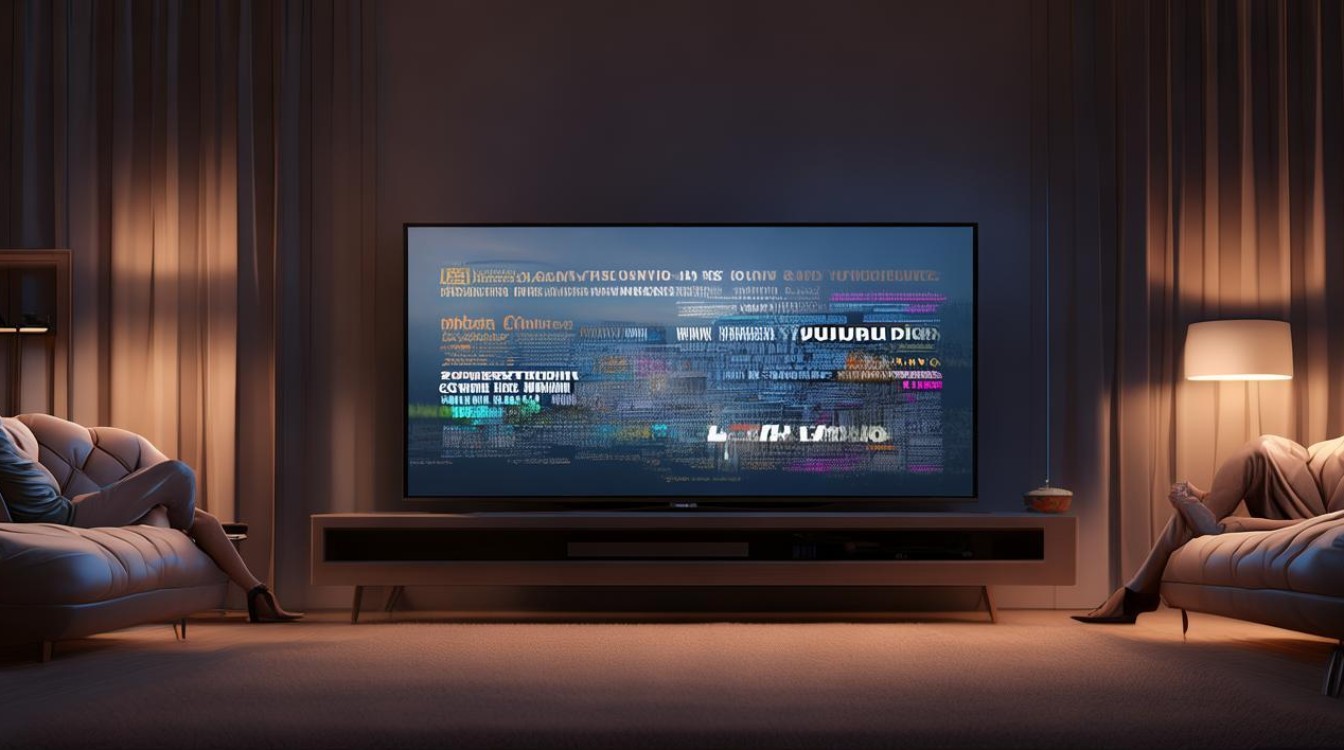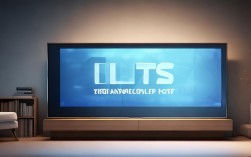雅思口语考试中,"television"(电视)是一个高频话题,涉及个人习惯、社会影响、技术发展等多个维度,无论是Part 1的日常对话,还是Part 2的个人经历描述,亦或是Part 3的社会议题探讨,围绕"television"都能展开丰富的讨论,以下从个人使用、社会影响、技术变革三个层面,结合具体表达和例句,帮助考生系统掌握这一话题。

个人使用习惯
在雅思口语Part 1中,考官常会问:"How often do you watch television?"(你多久看一次电视?)回答时需注意细节,避免简单重复"often"或"sometimes"。
"I usually watch television in the evening after work, but I limit it to about an hour a day. My favorite programs are documentaries and crime series, as they help me relax while learning something new."(我通常在晚上下班后看电视,但会控制在每天一小时左右,我最喜欢纪录片和犯罪类剧集,因为它们既能让我放松,又能学到新知识。)
若被问及"Who do you watch television with?"(你和谁一起看电视?),可强调互动性:
"I mostly watch TV with my family during dinner time. We switch on the news to catch up with current affairs, and sometimes we argue over which channel to watch!"(我通常和家人一起在晚饭时看电视,我们会打开新闻了解时事,有时还会为看哪个频道争论!)
表:个人电视观看习惯常用表达
| 问题类型 | 示例回答 | 关键词 |
|----------|----------|--------|
| 频率 | "I'm not a heavy viewer; I probably watch TV 2-3 times a week." | heavy viewer, occasionally |
| 时长 | "I binge-watch shows on weekends, so I might spend 3-4 hours at a time." | binge-watch, marathon |
| 偏好 | "I'm hooked on reality shows like 'MasterChef'." | hooked on, addicted to |
社会影响
电视作为传统媒体,对社会文化的影响不可忽视,在Part 3中,考官可能提问:"Do you think television has a positive or negative impact on society?"(你认为电视对社会有积极还是消极影响?)回答时可采用"双面论证"结构:
"Television has both pros and cons. On the positive side, it educates the public through programs like 'Planet Earth,' which raises awareness about environmental issues. However, excessive exposure to violent or unrealistic content might distort people's perceptions of reality, especially among children."(电视有利有弊,积极的一面是,它通过《地球脉动》等节目教育公众,提升环保意识;但过度接触暴力或脱离现实的内容可能会扭曲人们的认知,尤其对儿童影响更大。)
进一步可讨论广告的影响:"Advertisements on TV can be misleading, especially those promoting fast food, which contributes to health problems."(电视广告可能具有误导性,尤其是推广快餐的广告,会引发健康问题。)
技术变革与未来趋势
随着流媒体服务的兴起,传统电视行业面临转型,考官可能问:"Do you think traditional television will disappear in the future?"(你认为传统电视未来会消失吗?)回答时需结合技术发展:
"I doubt traditional television will disappear completely, but its role is definitely changing. Platforms like Netflix and YouTube have made on-demand viewing more popular, especially among young people. However, live events such as sports matches or award shows still attract large audiences to traditional TV."(我不认为传统电视会完全消失,但它的角色正在转变,Netflix和YouTube等平台让按需观看更受欢迎,尤其年轻人;但体育赛事或颁奖礼等直播活动仍能吸引大量观众通过传统电视收看。)
可补充个人观点:"I prefer streaming services because they allow me to pause and resume shows, which fits my busy schedule better."(我更喜欢流媒体服务,因为它们能让我暂停和继续观看,更符合我的忙碌日程。)
FAQs
Q1: How can I describe my favorite TV show in Part 2?
A1: 在Part 2描述"Describe a TV show you enjoy"时,可采用"节目类型+内容梗概+个人理由"的结构。"My favorite show is 'Friends,' a sitcom about six friends living in New York. I love its humor and relatable characters, especially Chandler's sarcasm. It never fails to cheer me up after a long day."(我最爱的节目是《老友记》,一部关于六个纽约朋友的情景喜剧,我喜欢它的幽默和接地气的角色,尤其是钱德勒的讽刺,它总能让我在漫长的一天后振作起来。)
Q2: What vocabulary can I use to discuss TV programs?
A2: 掌握以下词汇能提升表达的丰富性:
- 节目类型:sitcom(情景喜剧)、docudrama(纪录片式剧情片)、reality show(真人秀)、talk show(脱口秀)
- 评价词汇:engaging(引人入胜的)、thought-provoking(发人深省的)、predictable(可预测的)、overrated(被高估的)
- 观看行为:channel-surfing(频繁换台)、record(录制)、stream(在线观看)
考生可全面覆盖"television"话题的各类问题,结合具体例子和地道表达,展现流利度和逻辑性,口语考试的核心是自然交流,不必追求复杂句式,清晰、准确、有细节的回答更能打动考官。


